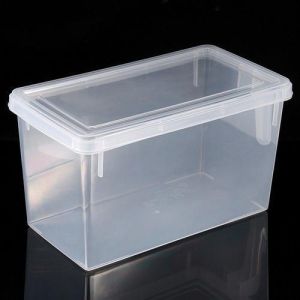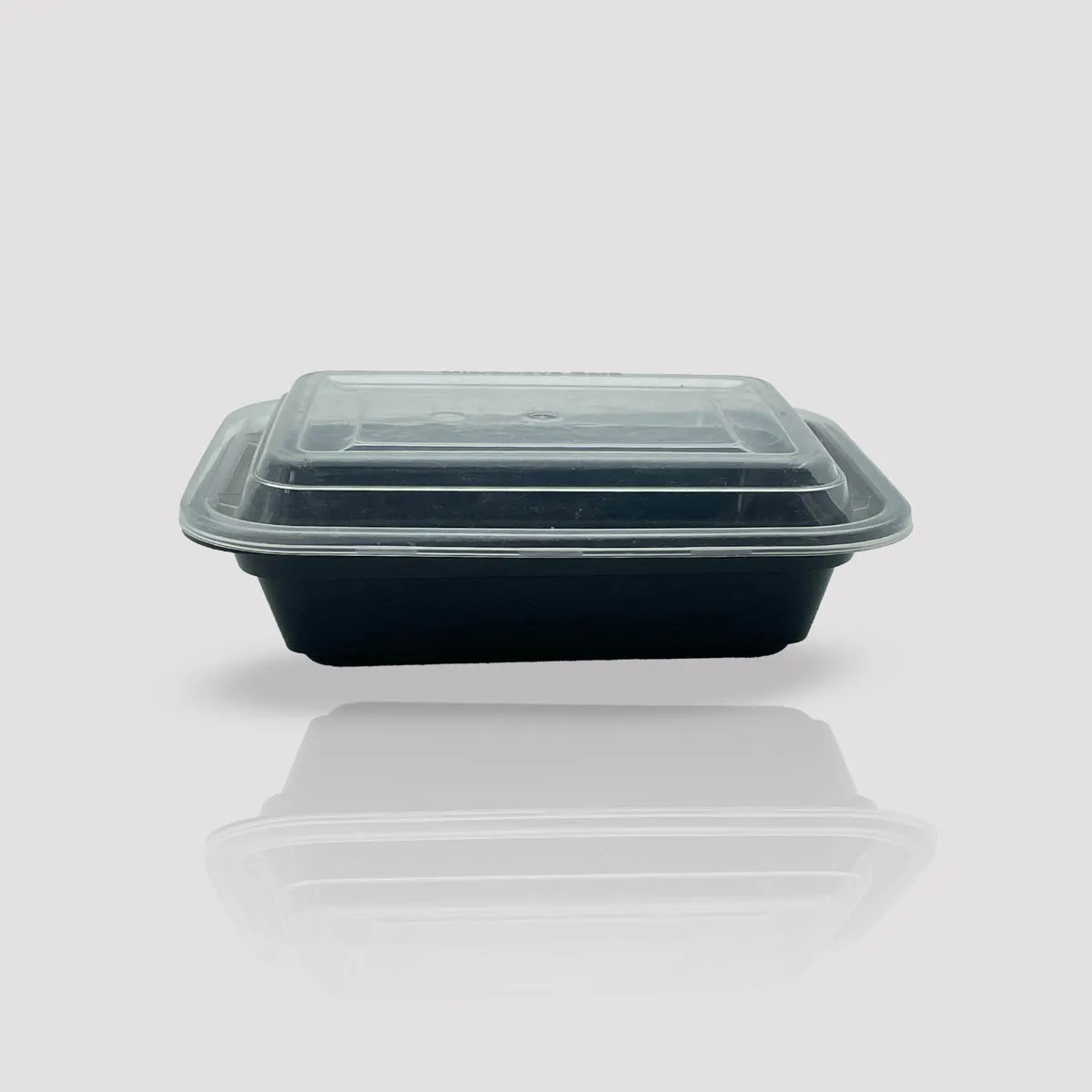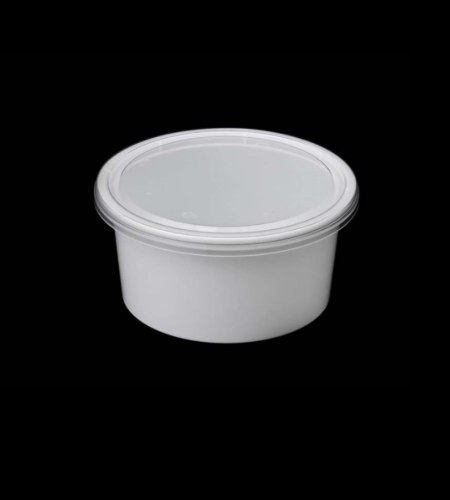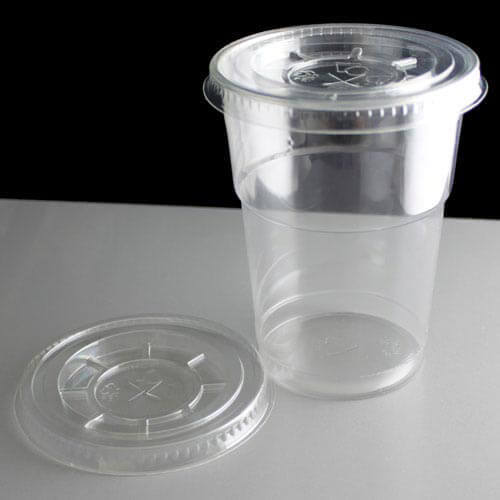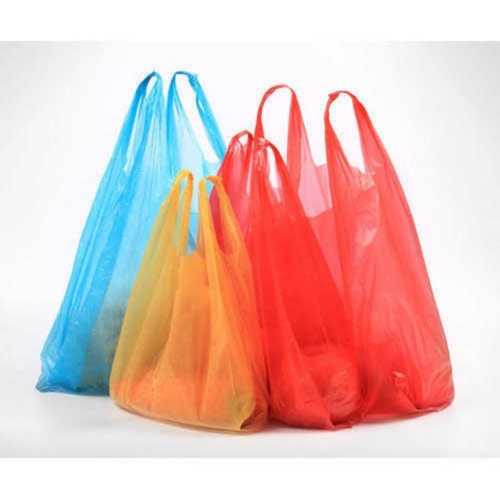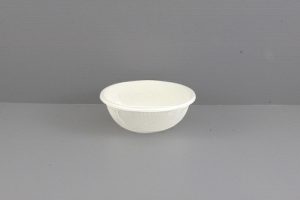Can Face Masks Help Against Air Pollution? Breaking Down the Facts

Introduction
In today’s fast-paced urban life, the invisible threat of air pollution looms large over millions of people around the world. From smoggy skylines to invisible microscopic particles, the effects of air pollution are no longer restricted to industrial zones or traffic-laden highways. For individuals living in metropolitan areas, exposure to polluted air has become an unfortunate daily reality. As concerns about air quality rise, so does the interest in protective measures, particularly the use of face masks.
But can face masks really provide adequate protection against the complex threat of air pollution? How effective are they, and what types of masks work best? This blog breaks down the facts, debunking myths and providing clarity on the real role of face masks in shielding against air pollution.
Understanding the Threat: What’s in the Air We Breathe?
Before diving into the efficacy of face masks, it’s crucial to understand what exactly we’re up against when it comes to air pollution. The air we breathe can contain a wide variety of harmful pollutants, including:
Particulate Matter (PM): Fine particles suspended in the air, often categorized as PM2.5 (particles with a diameter of 2.5 micrometers or smaller) and PM10 (particles with a diameter of 10 micrometers or smaller). These are small enough to enter the respiratory tract and bloodstream.
Nitrogen Dioxide (NO2): Emitted by vehicles and industrial processes, contributing to respiratory issues.
Sulfur Dioxide (SO2): Produced from burning fossil fuels, often causing irritation of the eyes and lungs.
Ozone (O3): While beneficial in the stratosphere, ground-level ozone can be harmful to lung function.
Volatile Organic Compounds (VOCs): Emitted from chemicals, paints, and exhaust fumes, many of which are carcinogenic.
Long-term exposure to these pollutants has been linked to chronic respiratory diseases, cardiovascular issues, and even certain cancers. Therefore, protecting oneself from these threats, particularly in highly polluted environments, has become a priority for health-conscious individuals.
How Face Masks Work to Combat Air Pollution
The concept of wearing face masks to filter out pollutants is not new. Originally used in occupational safety scenarios and medical settings, masks have evolved into everyday protective gear. But not all masks are created equal. Their effectiveness in combating air pollution depends largely on their design, filtration capability, and proper usage.
1. Filtration Efficiency
Face masks work by acting as a physical barrier between airborne particles and your respiratory system. High-quality masks feature multiple layers, including specialized filter media capable of capturing microscopic particles. Masks with certified filtration standards like N95, KN95, or FFP2 have proven effective against PM2.5 particles and certain harmful pathogens.
2. Fit and Seal
The filtration capacity of a mask is only as good as its fit. Gaps between the mask and the face can allow pollutants to bypass the filter. Adjustable nose bridges, ear loops, and proper sizing play a significant role in ensuring a secure seal.
3. Types of Masks
While surgical masks offer some degree of protection against large droplets, they are not specifically designed to filter out fine particulate matter. For true protection against air pollution, respirator masks (like N95 masks) with multiple filtration layers are the preferred choice.
Evaluating the Effectiveness of Different Mask Types
To fully grasp whether face masks are a viable defense against air pollution, let’s compare the performance of various types commonly available in the market:
Surgical Mask: Low to moderate PM2.5 protection, minimal gas protection, high comfort.
Cloth Mask: Low PM2.5 protection, minimal gas protection, high comfort.
N95/KN95 Mask: High PM2.5 protection, minimal to moderate gas protection (with carbon layer), moderate comfort.
Activated Carbon Masks: Moderate PM2.5 protection, better against VOCs and odors, moderate comfort.
Full Respirator (With Chemical Filters): Very high PM2.5 and gas protection, low comfort (bulky).
Note: Some N95/KN95 variants come with an activated carbon layer to help filter gaseous pollutants in addition to particles.
For most urban dwellers, N95 or equivalent masks with a good seal provide significant protection against particulate pollutants, especially PM2.5—the most common contributor to respiratory issues in polluted areas.
Face Masks vs. Gaseous Pollutants: Can Masks Do It All?
One misconception is that all masks can provide full protection against all forms of pollution, including harmful gases. While particulate matter can be effectively filtered with high-grade masks, gaseous pollutants like NO2 or SO2 require specialized filtration (such as activated carbon filters) to be addressed effectively.
Thus, while masks offer substantial protection against harmful particles, complete protection from all types of air pollution may require additional precautions like air purifiers at home, minimizing exposure during high pollution periods, and using masks with built-in activated carbon layers when necessary.
The Role of Face Masks in High-Pollution Urban Areas
In countries or cities where air pollution frequently crosses safe limits, wearing a face mask becomes more than just a health measure, it’s a way of life. Commuters, outdoor workers, and individuals with pre-existing health conditions often rely on quality face masks to reduce their risk of illness.
Even though masks cannot create an entirely pollution-free environment for the wearer, studies have shown that regularly using high-filtration masks can substantially reduce inhalation of harmful particulates. When combined with other preventive practices like staying indoors during peak pollution hours and ensuring indoor air quality, wearing a face mask is an essential part of urban life in polluted areas.
Selecting the Right Face Mask: Factors to Consider
Filtration Efficiency: Look for certifications like N95, KN95, or FFP2 for reliable particulate filtration.
Breathability: Masks should offer good airflow to avoid discomfort during prolonged use.
Adjustable Features: Nose clips, ear loops, and chin cups enhance fit and reduce air leakage.
Additional Features: Consider masks with activated carbon layers if exposure to chemical fumes or odors is frequent.
Reusability and Maintenance: Some masks are washable and reusable, offering long-term value, provided that their filtration layers remain effective.
Choosing the Right Product from a Face Mask Manufacturer in Singapore
When it comes to securing the best protection, it’s not just about the type of mask—it’s also about where you get it. For residents and businesses in Singapore, partnering with a Face Mask Manufacturer in Singapore ensures that you’re getting products specifically designed to meet local environmental conditions and standards. Working with manufacturers who understand the regional air pollution challenges guarantees that the products have undergone appropriate testing for effectiveness and comfort.
Why Opt for a Trusted Face Mask Supplier in Singapore
Beyond manufacturers, finding a reliable Face Mask Supplier in Singapore is key to ensuring continuous access to high-quality protective gear. Whether you need masks for personal use, family safety, or corporate wellness programs, trusted suppliers can provide certified products in bulk, backed by professional guidance on selecting the right type for your specific needs.
A reliable supplier not only offers certified products but also maintains transparent quality assurance practices, allowing customers to have complete confidence in the protection they’re purchasing.
Greenpacks: Your Trusted Face Mask Manufacturer in Singapore
Among the industry leaders in protective solutions, Greenpacks stands out as a premium Face Mask Manufacturer in Singapore. With a commitment to combining superior quality materials with cutting-edge filtration technology, Greenpacks ensures that every mask produced meets stringent standards of safety and performance. Their products are engineered for the tropical urban environments of Singapore, making them ideal for combating the twin threats of airborne diseases and particulate pollution.
By emphasizing both filtration efficiency and wearer comfort, Greenpacks has become the go-to choice for individuals, healthcare providers, and businesses seeking reliable air pollution protection.
Partner with Greenpacks – The Leading Face Mask Supplier in Singapore
As a trusted Face Mask Supplier in Singapore, Greenpacks goes beyond just manufacturing. They are dedicated to providing comprehensive protective solutions tailored to meet the specific challenges posed by Singapore’s environment. From individual buyers to large-scale corporate clients, Greenpacks ensures timely delivery, expert consultation, and uncompromising quality assurance.
With a diverse product range and ongoing innovation, Greenpacks continues to lead the way in offering advanced protective solutions, ensuring that everyone can breathe a little easier even in challenging environments.
Conclusion
While air pollution remains a persistent challenge in modern urban life, wearing high-quality face masks is a practical and effective step toward safeguarding your health. Understanding the different types of masks, their strengths, and limitations is essential for making informed choices.
For those in Singapore seeking superior protection, Greenpacks is the trusted Face Mask Manufacturer in Singapore offering scientifically designed, rigorously tested, and comfortable masks for daily use. By choosing Greenpacks, you’re choosing both safety and peace of mind in every breath you take.
































